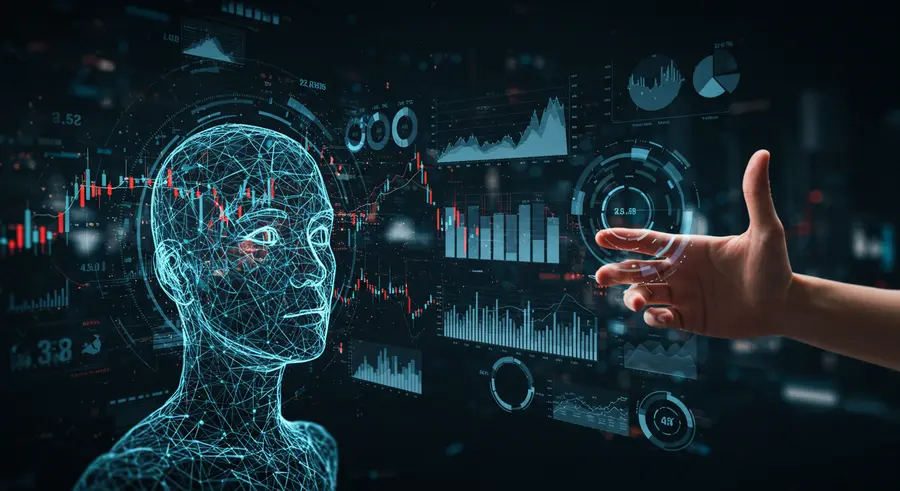Digital Twins in Finance: Revolutionizing Market Analysis & Investment

The Convergence of Digital Twins and Financial Markets
The financial sector, traditionally reliant on complex data models and expert analysis, is on the cusp of a profound transformation with the advent of digital twin technology. While commonly associated with manufacturing and engineering, digital twins are increasingly proving their worth in the abstract world of finance. A financial digital twin is a virtual replica of a financial system, market, portfolio, or even an individual's financial behavior. This digital counterpart is fed real-time data, allowing for dynamic simulations, predictive analytics, and enhanced decision-making. Imagine a virtual stock market where new policies can be tested, or a digital model of an investment portfolio that constantly optimizes itself based on live market feeds.
Key Applications and Benefits
Risk Management and Stress Testing
One of the most compelling applications of digital twins in finance is in advanced risk management. Financial institutions can create digital twins of their entire operational landscape or specific portfolios to simulate various stress scenarios – from economic downturns to sudden market shifts. This allows them to identify vulnerabilities, quantify potential losses, and proactively implement mitigation strategies before real-world impacts occur.
Enhanced Market Analysis and Predictive Modeling
Digital twins can integrate vast amounts of market data, news sentiment, economic indicators, and even social media trends to create highly sophisticated models of market behavior. By running simulations on these digital replicas, financial analysts can gain deeper market insights, forecast price movements with greater accuracy, and identify emerging opportunities. This capability moves beyond traditional econometric models by incorporating dynamic, real-time feedback loops.
Optimizing Investment Strategies and Portfolio Management
For investors and wealth managers, digital twins offer an unprecedented tool for optimizing portfolios. A digital twin of an investment portfolio can continuously monitor asset performance, rebalance based on predefined criteria, and simulate the impact of new investments or divestments. This allows for personalized strategies that adapt to market conditions and individual risk appetites. Platforms that offer tools to build custom portfolios can leverage digital twin concepts to provide users with a simulated environment for testing investment ideas without real financial exposure.
Fraud Detection and Cybersecurity
By creating digital twins of transactional systems and user behavior patterns, financial institutions can establish baselines for normal activity. Any deviation from these baselines can immediately flag potential fraudulent activities or cyber threats. The digital twin acts as a constant monitor, learning and adapting to new patterns, making it a powerful defense mechanism against financial crime.
Regulatory Compliance and Reporting
Navigating the complex landscape of financial regulations is a significant challenge. Digital twins can streamline compliance by simulating the impact of new regulations on operations and ensuring that systems are aligned. They can also automate the generation of compliance reports by aggregating and structuring data from various sources within the twin.
Challenges and Future Outlook
While the potential is immense, implementing financial digital twins comes with challenges, including data integration complexities, the need for robust computational infrastructure, and ensuring data security and privacy. The sheer volume and velocity of financial data require advanced AI and machine learning capabilities to build and maintain accurate twins.
Looking ahead, the synergy between digital twins, AI, blockchain, and quantum computing promises to unlock even more sophisticated applications in finance. We may see truly autonomous financial agents, hyper-personalized financial products, and resilient financial systems capable of self-correction. The evolution of digital twins in finance will undoubtedly redefine how we understand, interact with, and manage wealth and markets.